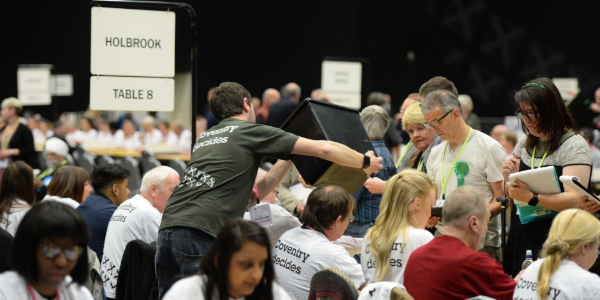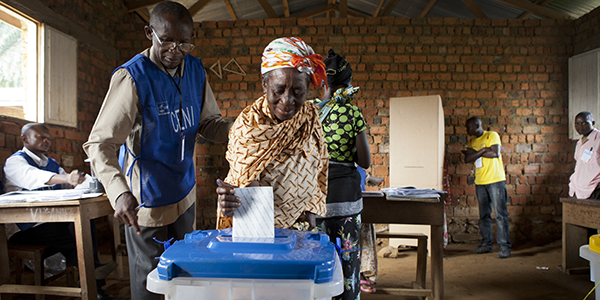Who is the Leader of the Opposition?
David Howarth explains the legislation and parliamentary rules that determine who is recognised as the official Leader of the Opposition in Parliament. The political implications of these procedures are significant, given current discussions about who would form a government if the current one were to lose a vote of no confidence.












 Democratic Audit's core funding is provided by the Joseph Rowntree Charitable Trust. Additional funding is provided by the London School of Economics.
Democratic Audit's core funding is provided by the Joseph Rowntree Charitable Trust. Additional funding is provided by the London School of Economics.